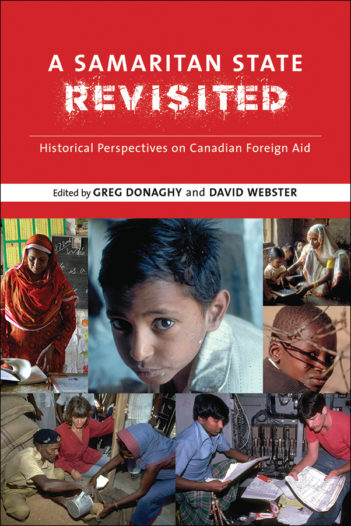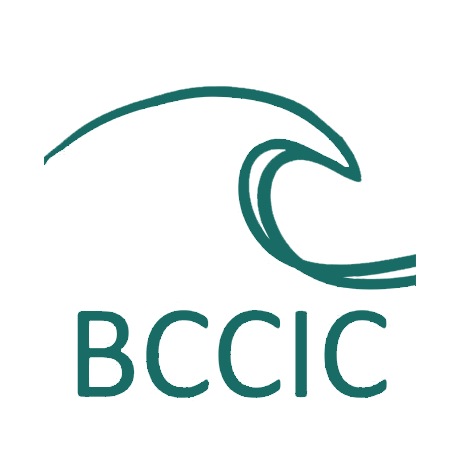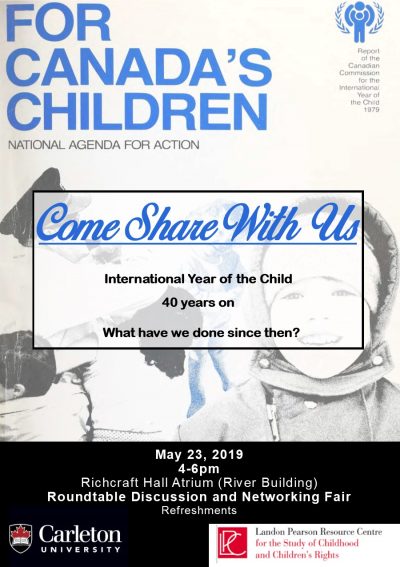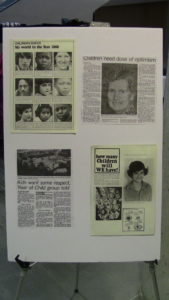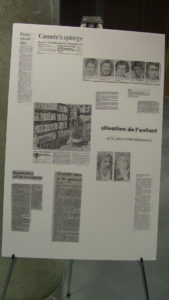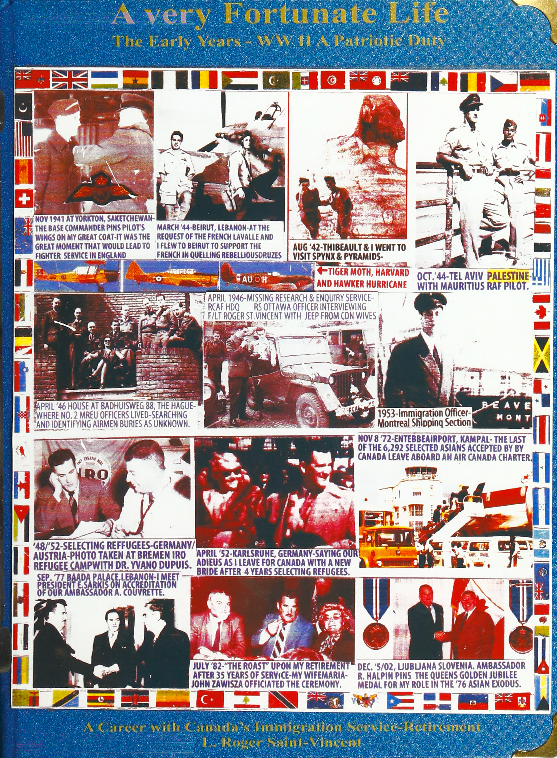by Helen Kennedy
As everyone’s inboxes and newsfeeds are flooded with announcements of cancellations and postponements of all things academic and otherwise, it is nice to have the opportunity to announce the start of something.
The Canadian Network on Humanitarian History and Carleton University’s Department of History have partnered with five Canadian NGOs to conduct historically grounded work relevant to each organization. With matching funding provided by a MITACS Accelerate grant, Dr. Dominique Marshall and Helen Kennedy (PhD candidate) are aiming to demonstrate how micro-histories of individual organizations can be used to address global humanitarian challenges and effectively contribute to the future of humanitarian networks.
Continue reading

